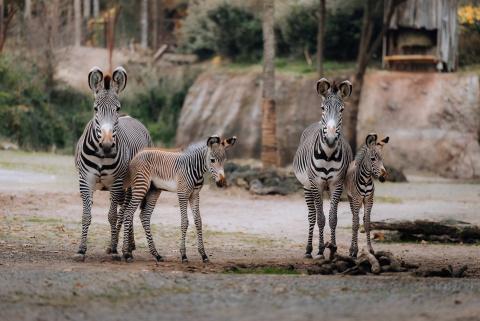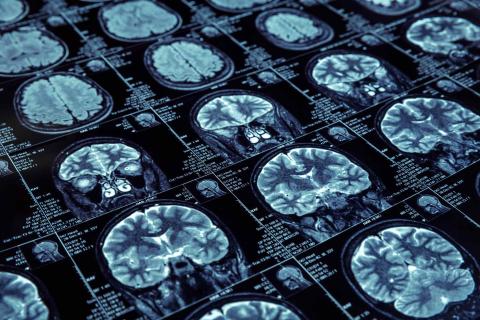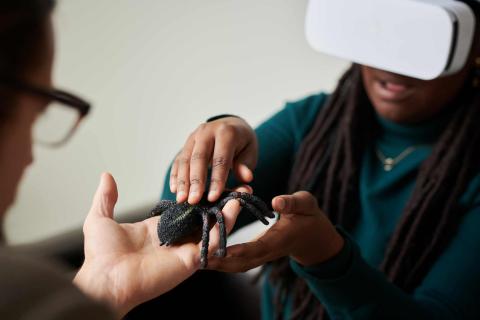
Before being published, studies written by female researchers are spend a longer time in peer review than articles by male authors, according to an analysis of more than 36 million publications in biomedical and life science journals. The median peer review time is between 7.4% and 14.6% longer for female authors than for male authors in most disciplines, says the analysis published in PLoS Biology.

A new report from the United Nations University Institute for Water, Environment and Health (UNU-INWEH) toughens the discourse on the current water emergency by referring to an era of "global water bankruptcy". According to the report, the terms "water stress" or "water crisis" are no longer sufficient, as we find ourselves in a situation that goes beyond a temporary crisis, characterised by irreversible losses of natural water resources and the inability to return to historical levels. The report points out that, although not all basins are in water bankruptcy, "enough critical systems around the world have crossed these thresholds" and are interconnected through trade, migration, climate or geopolitics.

An international team has analysed data from more than 700 mammal populations in zoos since 1970 and concludes that there has been an ageing of the animals and a decline in females of reproductive age. According to the authors, this jeopardises the role of zoos in conserving endangered wildlife species and promoting global biodiversity. The findings are published in the journal PNAS.

Two researchers from the University of Veterinary Medicine Vienna (Austria), one of them Spanish, have described for the first time the flexible use of tools in a cow, which, according to the authors, suggests that the cognitive abilities of cattle have been underestimated. The animal, named Veronika, was kept as a pet by an Austrian farmer, who observed that she occasionally picked up branches and used them to scratch herself. After several experiments, the researchers found that she could use different parts of the same tool for different purposes and apply different techniques depending on its function and the body region. Beyond humans, this has only been convincingly documented in chimpanzees, the researchers indicate. “The findings highlight how assumptions about cattle intelligence can reflect gaps in observation rather than true cognitive limitations,” they state. The results are published in Current Biology.

When a rhinovirus, the most common cause of the common cold, infects the lining of our nasal passages, cells work together to fight it off by activating an arsenal of antiviral defences. An article published in the journal Cell Press Blue demonstrates how they do this and suggests that it is the body's defences, rather than the virus itself, that determine whether we catch a cold or not, as well as the severity of the symptoms.

An international team trained 85 people to activate a part of the brain associated with reward and positive expectations, after which they received a hepatitis B vaccine. Overall, those who learned to maintain greater activity in this area showed a greater increase in antibody levels after immunization. According to the authors, the results “suggest that positive thinking could help the brain strengthen the immune system in a non-invasive way.” The work is published in Nature Medicine.

The collision between two high-speed trains in Adamuz (Córdoba) on Sunday afternoon has left at least 39 people dead and more than a hundred injured. The emotional impact of the accident affects the families of the victims, as well as the crash survivors and other train users.

There is no link between the use of paracetamol during pregnancy and an increased risk of autism, attention deficit hyperactivity disorder (ADHD) or intellectual disability among children, according to a meta-analysis published in The Lancet Obstetrics, Gynaecology, & Women’s Health.

The journal Science has published a review of the emerging use of artificial intelligence (AI) in mental health treatment, with examples such as conversational bots for reducing depressive symptoms. The authors defend the usefulness of this technology in the different stages of psychological care, provided that the human factor, both on the part of the clinician and the patient, is the leading factor in the approach. In this regard, they emphasise that AI cannot replace clinical judgement. The distinctive characteristics of psychological care, such as the disclosure of personal information by vulnerable individuals, also necessitate regulatory frameworks that ensure ‘the ethical and effective implementation of AI technologies’.

People with colour vision deficiency and bladder cancer have lower survival rates than patients with the same cancer who have not been diagnosed with this visual condition, according to an analysis of medical records between 2004 and 2025 comparing a group of 135 people with both diagnoses and another group of 135 with bladder cancer without visual impairment. In a study published in Nature Health, the authors suggest that this difference could be due to these patients not detecting the presence of blood in their urine, which delays the seeking of medical care and cancer diagnosis.